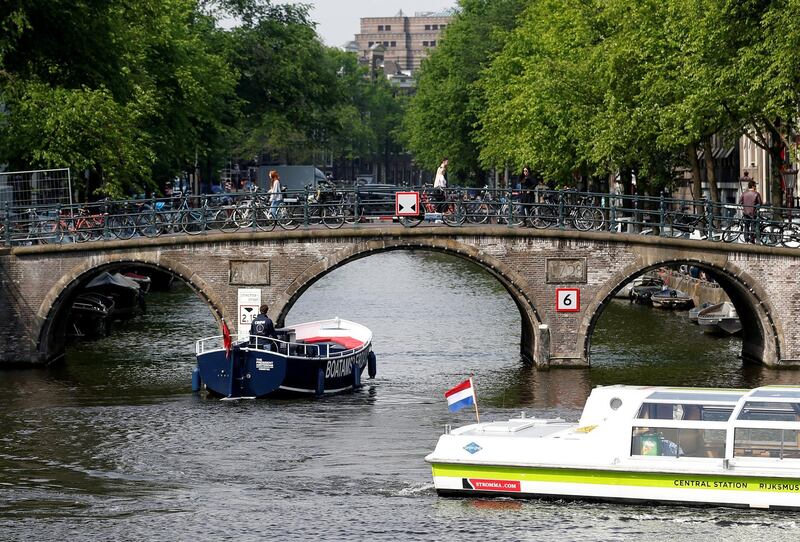Police, prosecutors and the four biggest banks in the Netherlands have teamed up to sift through financial data in a hunt to prevent the next terrorist attack in Europe.
Every morning, a group of roughly ten people – a mix of investigators and bank compliance and security department employees – gather around a table and and start swapping names and data on bank-account transfers and payment networks.
The task force, started as a pilot project a year ago and now extended another year, has shown promising results, Yvonne Willemsen, head of security matters at Dutch banking association NVB, said in an interview. It has flagged around 300 unusual transactions, of which 64 per cent were eventually earmarked suspicious – meaning police believe there is a good chance those transfers were being used to fund possible terror attacks, she said.
Banks across Europe are required to report suspicious transactions to their national financial intelligence units. Those agencies try to use that information to find links among individuals and organizations and make the data available to police and prosecutors. But absent early coordination, authorities are only able to find enough linkages to determine that the transactions flagged as unusual by banks are actually suspicious in 10 per cent to 20 per cent of cases.
In the Dutch program, police or prosecutors share names and context with the banks when there is indication that a person is linked to possible terrorism. Outside the task force, police are only allowed to see specific bank transaction when a person is officially named as a suspect. For privacy reasons, the team follows a strict closed box principle, according to Ms Willemsen. "This means the information stays within the team."
Tickets to Syria
As a result of the information provided by the banks, the task force detected a terrorism suspect who also was involved in fraud, said Maarten Rijssenbeek, the national coordinating prosecutor on terrorist financing. The group also determined how plane tickets to Syria were being financed using multiple banks accounts controlled by middlemen.
"These transactions wouldn’t have been noted by the banks if they hadn’t had contextual information," Mr Rijssenbeek said.
Ferreting out financing for terror plots is quite difficult because the budgets are so small, Mr Rijssenbeek said. He noted that in recent attacks in Europe terrorists used low-cost tactics like renting a truck and driving it into a group of people. "The smaller the transaction, the harder it is for banks to detect," he said.
_______________
Read more:
[ New UK plan to confront ‘step change’ in terrorism ]
[ Britain mourns on anniversary of London Bridge attack ]
_______________
While authorities in other countries, such as the UK and Australia, also share information with banks, the level of exchange between Dutch financial institutions and authorities through the task force is greater, Rijssenbeek said, adding that other countries had asked about how the system works.
The banks in the task force are ABN Amro Group NV, ING Groep NV, Rabobank and De Volksbank NV. It also includes insurer Aegon NV.






